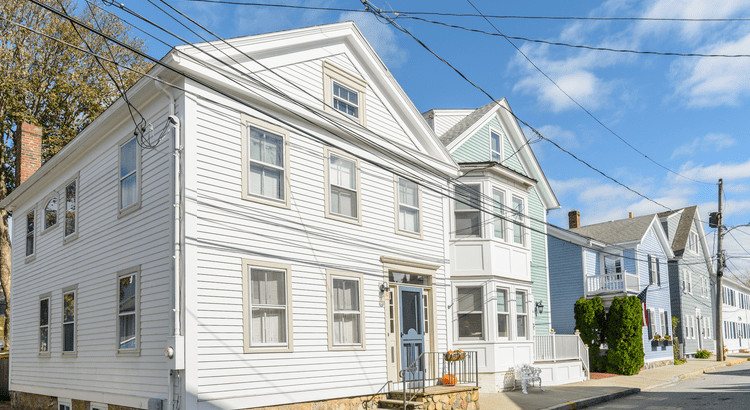Major Facts that Impact Mortgage Rates

When you're looking to buy a home, one of the key things to consider is the mortgage rate. The mortgage rate has a significant impact on the overall cost of your home and your monthly payments. It's important to understand the main factors that affect mortgage rates so you can make well-informed decisions when purchasing real estate.
Inflation and the Federal Reserve
Inflation is one of the major factors that influence mortgage rates. Inflation refers to the general increase in prices over time, which reduces the value of money and leads to higher interest rates. As inflation rises, so do mortgage rates.
The Federal Reserve, which serves as the central banking system in the United States, plays a crucial role in monitoring and controlling inflation. The Federal Reserve has authority over setting interest rates and often adjusts them to manage inflation. When the Federal Reserve raises interest rates to combat inflation, mortgage rates tend to increase as well.
The 10 Year Treasury Yield
Another significant factor that affects mortgage rates is known as the 10 year Treasury yield. This refers to the rate of return on 10 year government bonds.
Mortgage rates often fluctuate based on the yield of these bonds since they are considered a secure investment.
When the yield on 10 year Treasury bonds increases, mortgage rates also tend to rise. This occurs because investors seek higher returns on their investments due to the increased yield on government bonds. Conversely, when the yield on 10 year Treasury bonds decreases, mortgage rates typically follow suit and decrease as well.
There are several other factors apart from inflation and the 10-year Treasury yield that can impact mortgage rates. These factors include the overall state of the economy, conditions in the housing market, and the creditworthiness of borrowers.
During periods of economic uncertainty, mortgage rates may be lower as a strategy by the Federal Reserve to encourage borrowing and spending. Conversely, during times of economic growth, mortgage rates may be higher to prevent excessive borrowing and curb inflation.
In addition, housing market conditions can influence mortgage rates. If there is high demand for homes but limited supply available, it is likely that mortgage rates will be higher. On the contrary, if there is less demand for homes and an ample supply available in the market, mortgage rates may be lower accordingly.
Lastly, it's important to note that a borrower's creditworthiness plays a significant role in determining their individualized mortgage rate. Borrowers who have higher credit scores are considered to be less risky, which means they may be eligible for lower interest rates. On the other hand, borrowers with lower credit scores could face higher interest rates as a way to compensate for the increased risk.
To sum up, it's important for anyone interested in buying real estate to have a good understanding of the main factors that influence mortgage rates. Elements like inflation, the actions of the Federal Reserve, the yield on 10-year Treasury bonds, and overall economic conditions all play a part in determining mortgage rates. By staying informed and monitoring these factors, potential homebuyers can make more informed choices and potentially secure more favorable mortgage rates.
Categories
Recent Posts











